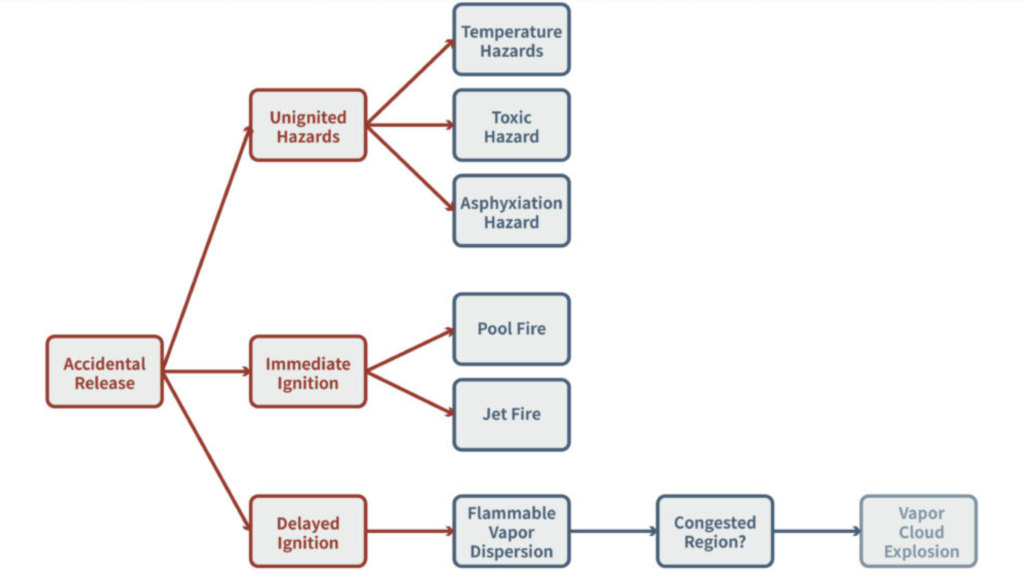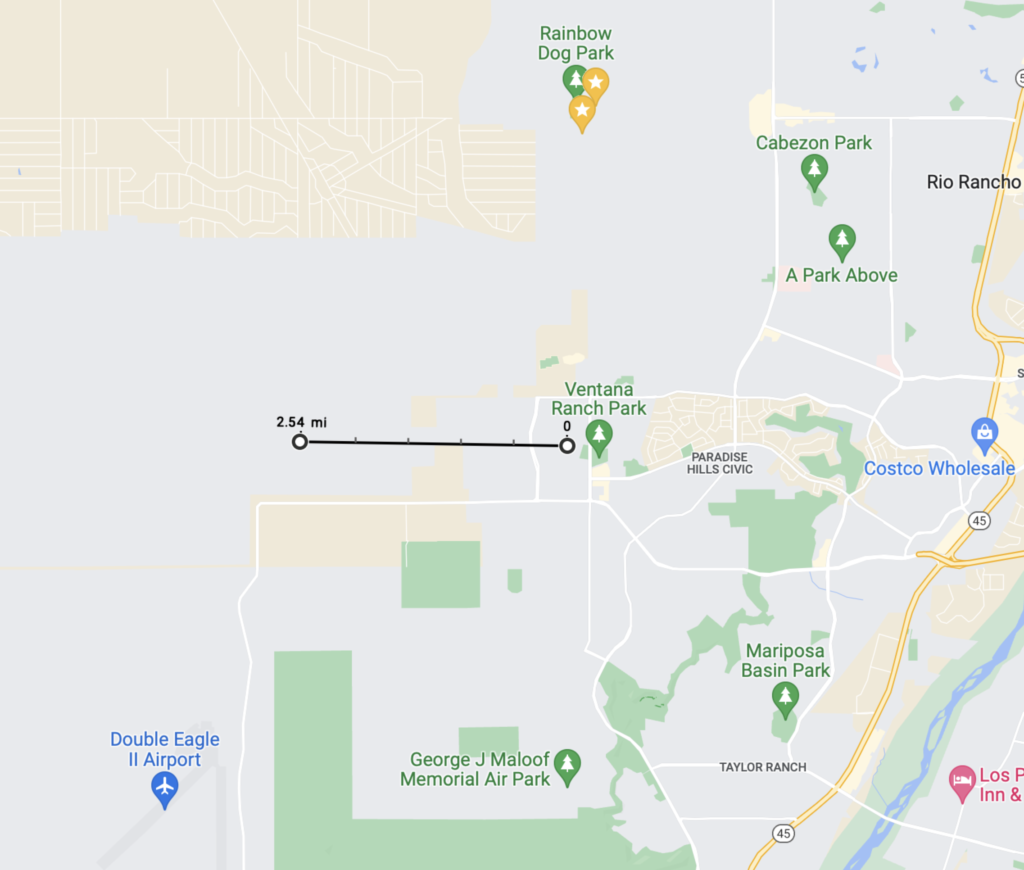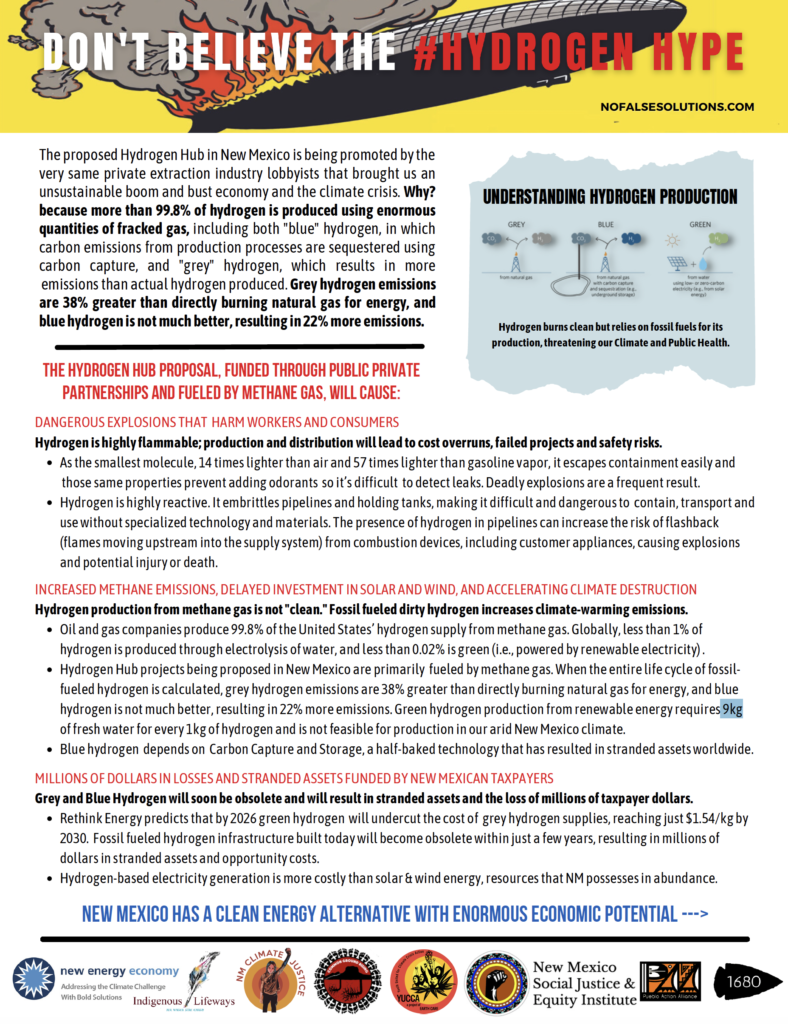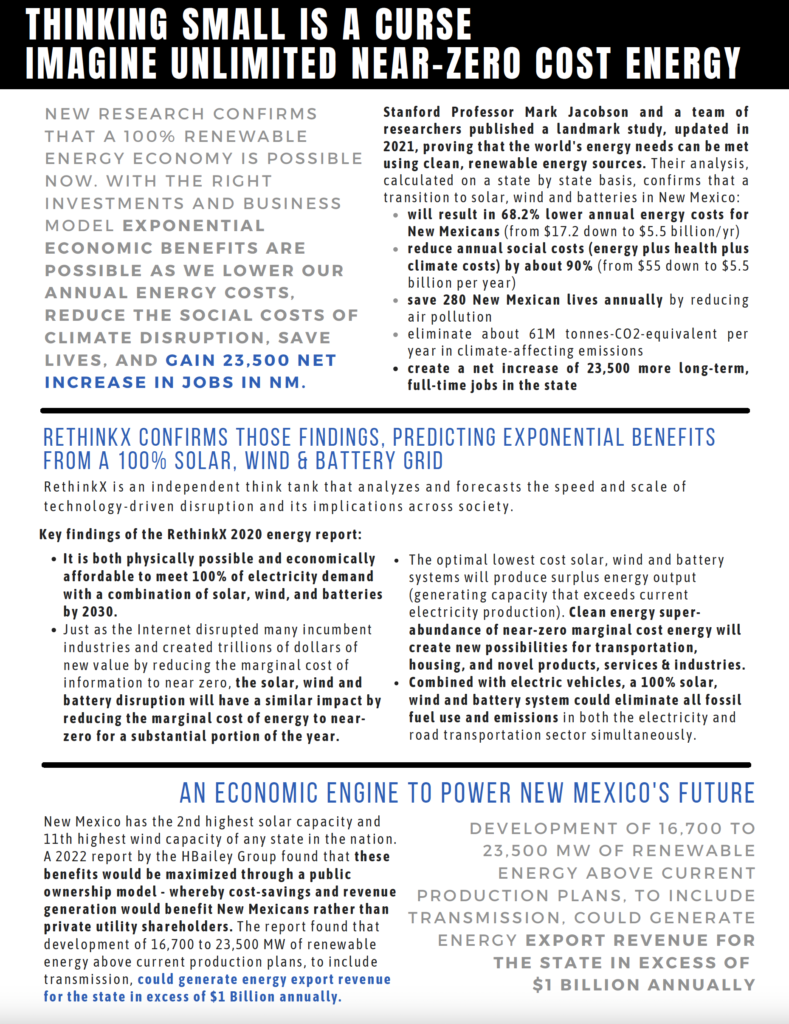Sandoval County. will be impacted too!
In the Southern Part of Middle Rio Grande Valley In Valencia County
Harvey Yates owns Cibola Land is going before PZ on Jan. 19th 4pm Rio Communities (South of Los Lunas) Planning and Zoning to re-zone large tracts of land to commercial and Industrial use, for petrochemical, asphalt, heavy manufacturing,includes MESA OIL.
GAS LEAK FROM MESA OIL Jan 13, 2023
https://www.kob.com/…/residents-blame-local-oil…/
This Friday Jan. 13 evening there was a gas leak at MESA Oil and there was a voluntary evacuation. News Coverage Here A resident reported she was so dizzy she threw up. Mesa Oil also has a superfund cleanup site in South Valley.
https://cumulis.epa.gov/supercpad/CurSites/csitinfo.cfm?id=0600812
Where was the emergency notification to Residents, businesses?
What were the health impacts of breathing this order of vulnerable children, elders and People with respiratory illnesses.?
Where is the health and Safety Risk Analysis and Cost Benefits Analysis of health impacts from these operations?
Including the testing of Radioactivity and Over harmful toxic and hazardous emissions?
Where is the evacuation plans?
Where do people go?
What capacity does the City and County Have to address the risk hazardous of they are approving without consideration of the health and environmental impacts?
In the Northern Part of the Middle Rio Grande Valley – NW Albuquerque/ Rio Rancho- Bernalillo County
NM Gas Co is Asking the PRC this month to approve a LNG Storage Facility
The Fossil Fuel industry including LNG companies downplay the risk to our communities.
What are the main hazards of LNG?
These and other reports address the physical hazards of LNG, such as pool fires, flammable vapor clouds, fire, and cryogenic impacts. Some reports also address ship safety, terminal safety, liquefaction facility safety, and security.
https://www.phmsa.dot.gov/pipeline/liquified-natural-gas/lng-safety
A key risk in LNG facilities is an uncontrolled release of a cryogenic, toxic, or flammable fluid. Such releases can originate in various parts of the process system. The consequence of these releases depends on what they expose and on whether they are ignited. In short, the essential LNG facility hazards can be grouped into seven categories.

- Temperature Cryogenic liquid releases that cause embrittlement if they expose materials not designed to handle such releases, and freeze burns if they expose personnel.
- Hot vapor releases from turbines, boilers, and engines for power and heat generation.
- Toxic Hydrogen sulfide H2S or ammonia releases that are toxic.
- Asphyxiation Nitrogen oxide, carbon monoxide, carbon dioxide, or sulfur dioxide releases that replace oxygen in an area and could cause asphyxiation.
- Pool fire Liquid releases that form a pool on the ground or water and ignite, creating a potentially long-lasting pool fire.
- Jet fire Pressurized gas or liquid releases that ignite, creating a high heat flux jet fire.
- Flammable vapor dispersion/ flash fire Gas or liquid releases that form a flammable cloud in an open area, and ignite, causing a short and intense flash fire that is harmful to personnel.
- Vapor cloud explosion (VCE)Gas or liquid releases that form a flammable cloud in a congested or enclosed area, and ignite, causing an explosion and a pressure wave.
IN 2014 blast “Early Monday, a “processing vessel” at the Williams facility near the small town of Plymouth, Washington, exploded, spraying chunks of shrapnel as heavy as 250 pounds as far as 300 yards, according to local emergency responders. The flying debris pierced the double walls of a 134-foot LNG tank on site, causing leaks. Five workers were injured, and local responders warned that vapors from the leaks could trigger a more devastating, second explosion. A county fire department spokesman said authorities were concerned a second blast could level a 0.75 mile “lethal zone” around the plant.
Everyone within a two-mile radius of the site was evacuated, and a bomb-squad robot was deployed to snap photos of the damaged tank to avoid putting workers at further risk. Some who did approach were reportedly sickened by fumes.”
These projects get approved through crony corruption of neoliberal ideology that Puts Profit above the health and safety of the Communities.
Here is a List of Schools
Central New Mexico westside campus 1.5 Miles
Volcano vista high school 1.5 miles
Joe Harris elementary school
Tony Hillerman Middle school
APS soccer complex
Ventana ranch community center
Sunset view elementary
Ventana ranch elementary
Universe sports park
Coyote willow family school
Puesta del Sol elementary
James Monroe middle school
Maggie Cordova elementary (furthest away) 5.5.- 6 miles
Prevailing Winds from the SW will push toxic clouds further than 2 miles and cause mass evacuations or sheltering in place.

DON”T BELIEVE THE HYPE ON H2


Hydrogen Blending for Hydrogen Hub
There are approved plans for a Methane hydrogen blending facility at Balloon first a park location. Off of Alameda and Edith
German city of Wiesbaden to retire its one-year-old hydrogen fuel-cell buses after €2.3m filling station breaks down | Hydrogen news and intelligence https://t.co/SDiAiLZ80M Why did they stop? TS UNSAFE